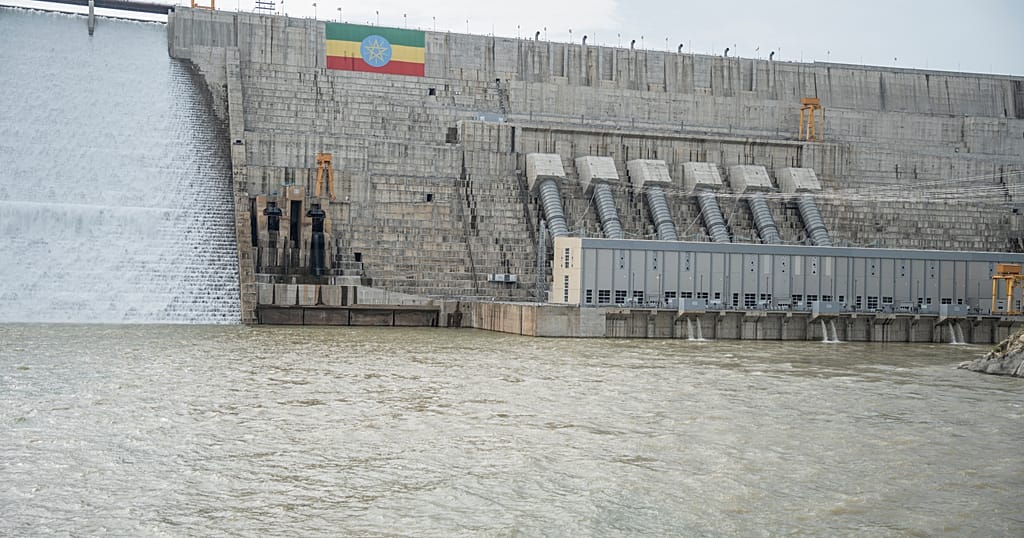ICRC chief urges warring parties in the eastern DRC to exercise constraint
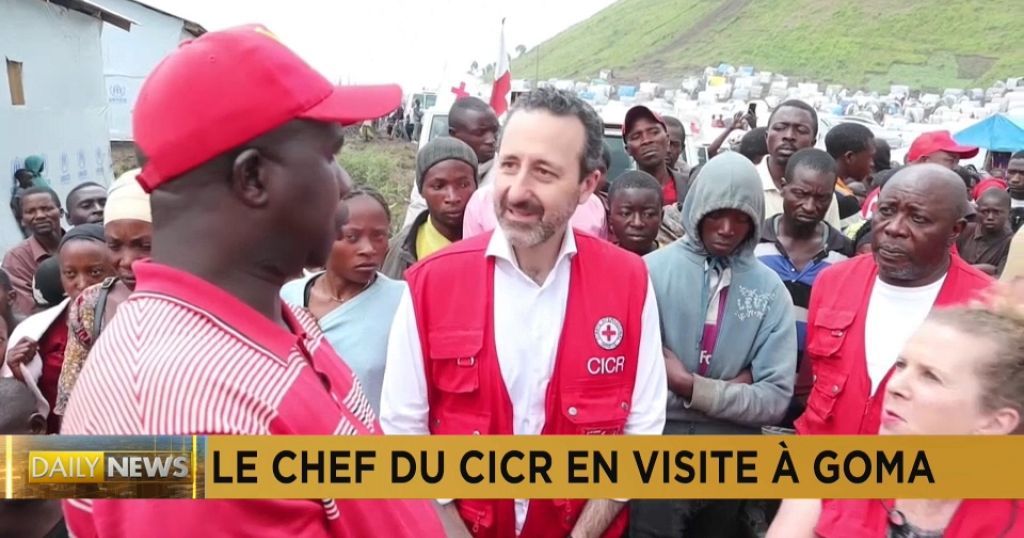
A sharp increase in the number of civilians wounded by heavy weapons in eastern Democratic Republic of Congo (DRC) is threatening to overwhelm health facilities already struggling to provide care, the director general of the International Committee of the Red Cross (ICRC) said on Wednesday.
On a five-day visit to the country, Robert Mardini said the upsurge in fighting between the army and M23 militants in the North Kivu province was further worsening one of the world’s largest and most complex humanitarian crises.
Speaking at the Lushangala camp for internally displaced people in Goma, he said civilians were in the firing line and urged constraint.
“I call on all parties to the conflict and their allies to respect the rules of war, international humanitarian law and the Geneva Convention. This is not an option, but rather an obligation, which is binding on all parties to the conflict,” he said.
Mardini said hundreds of badly injured civilians, many of them women and children, have been streaming into healthcare facilities in North Kivu.
Forty per cent of them victims of shelling or other heavy weapons used in densely populated urban areas and the influx is threatening to overwhelm health facilities already struggling to provide care.
Mardini said the number of beds devoted to the weapon-wounded at the ICRC-supported hospital in Ndosho had risen steadily as a result of the increase in the number of wounded.
“We are at 140 beds, but in discussions with our surgical teams and the director of the hospital, steps are now being taken to even increase this capacity,” he said
For more than three weeks, people fleeing fighting in the region have been flooding into the Lushangala camp in Goma, stretching capacities.
“We’ve been here since 15 February and we haven’t received anything yet, no water, no food, we don’t have any toilets, all we have here is suffering,” said Julienne Beetsa, a displaced person from Saké, some 20 kilometres from Goma, which has been the scene of heavy fighting.
With the daily influx of wounded, many of them children, at the Ndosho hospital ramping up, Mardini said a failure to protect civilians would spell a bleak future for millions of Congolese.
Last week, army chiefs of staff from the Southern African Development Community (SADC), which has a joint force in the region, were in Goma to draw up new strategies to help the Congolese army fight the M23 rebels.
The eastern part of the DRC has been plagued by violence from local and foreign armed groups for nearly 30 years.
M23 militants launched their offensive in late 2021, capturing swathes of the strategically important and resource-rich region North Kivu province and driving over one million people from their homes.
Source: Africanews


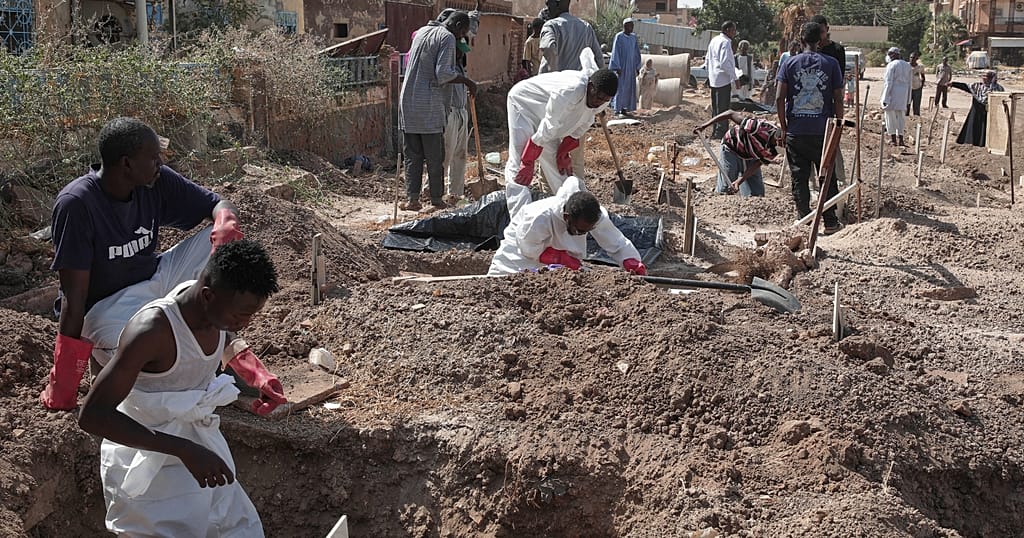
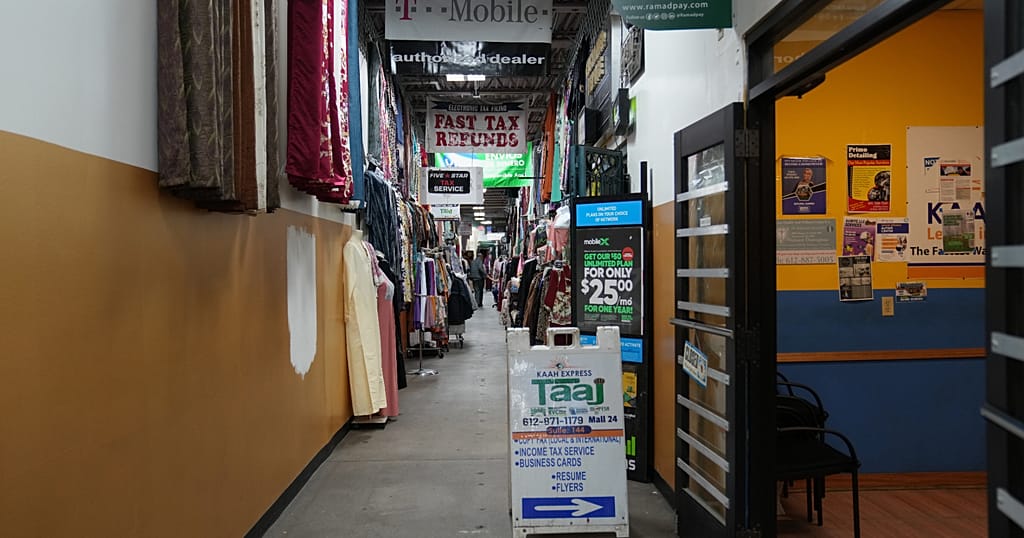
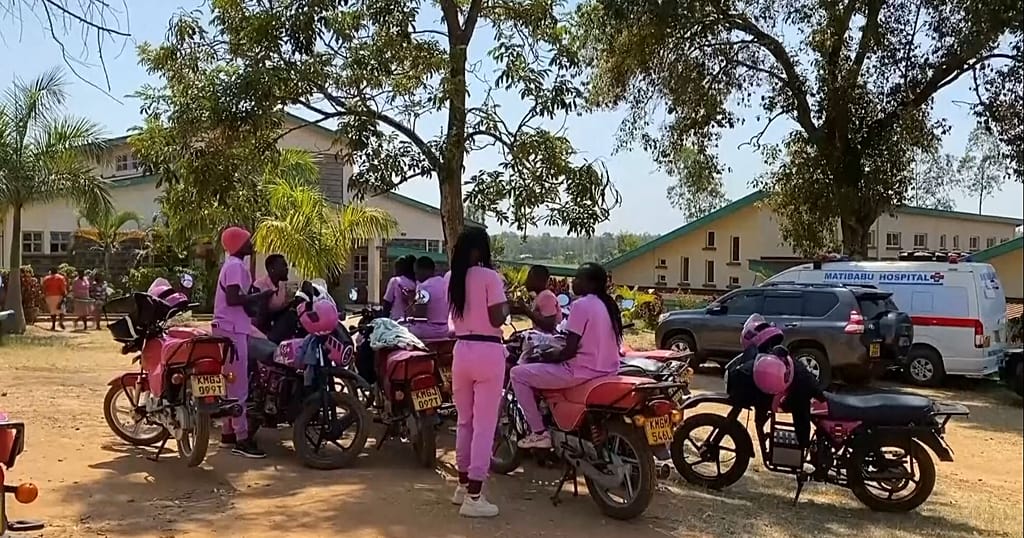
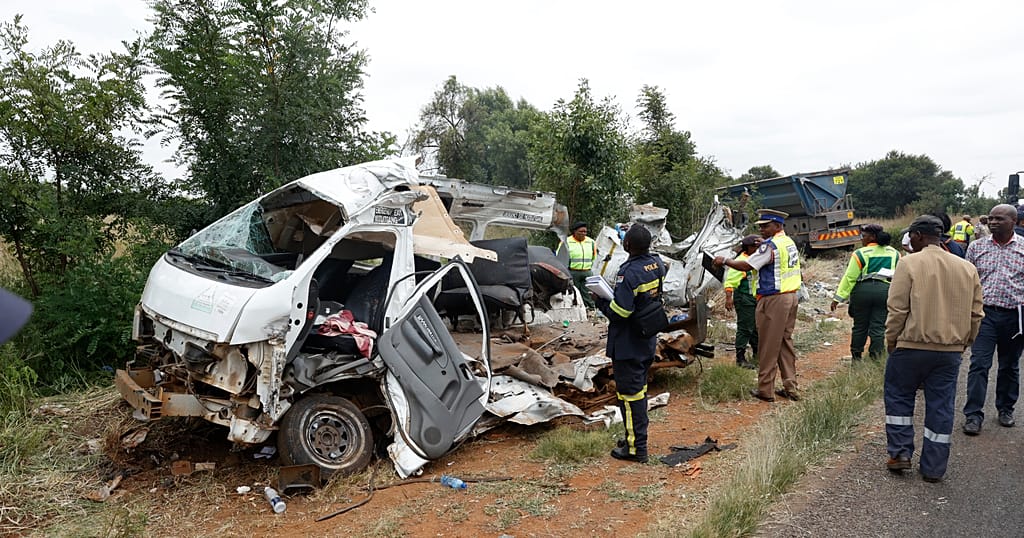
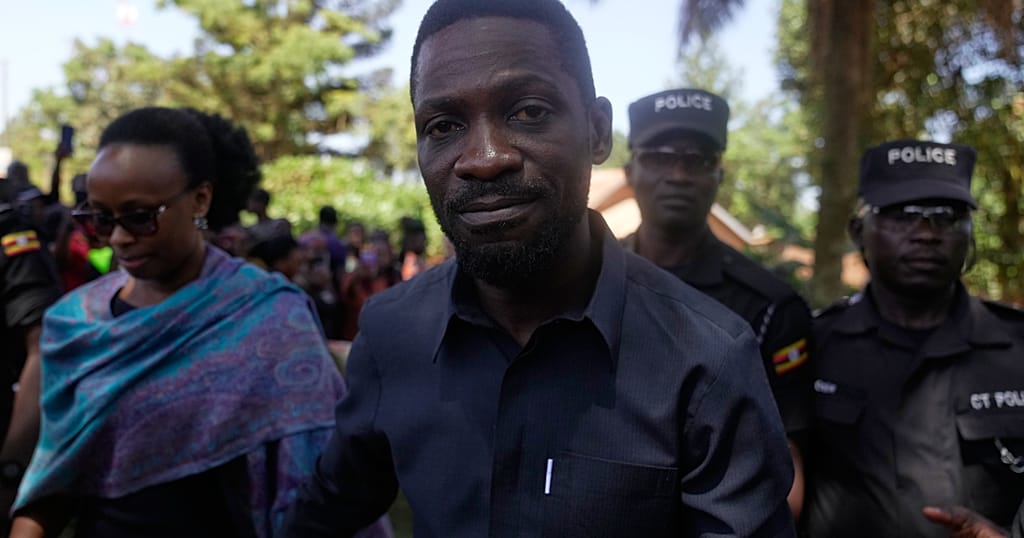

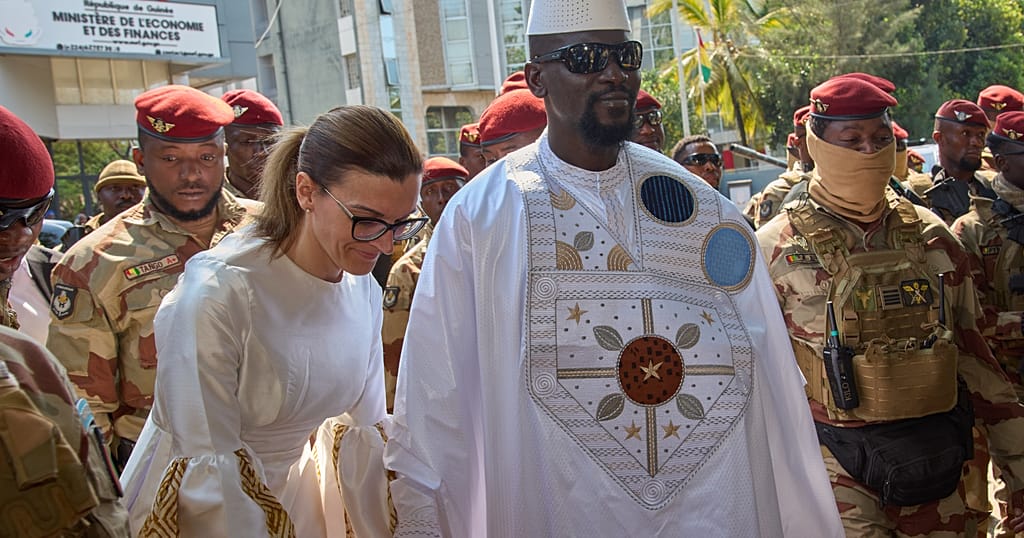

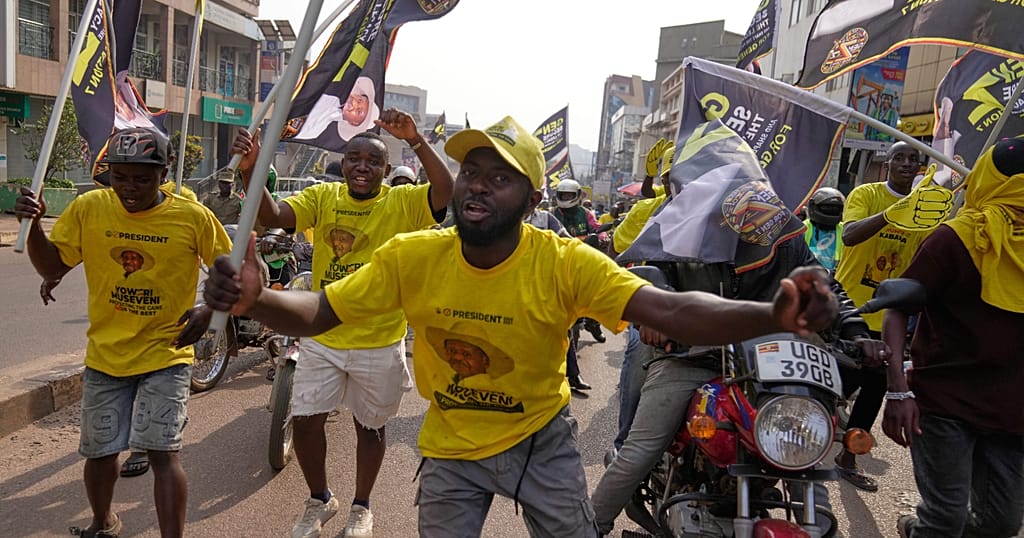

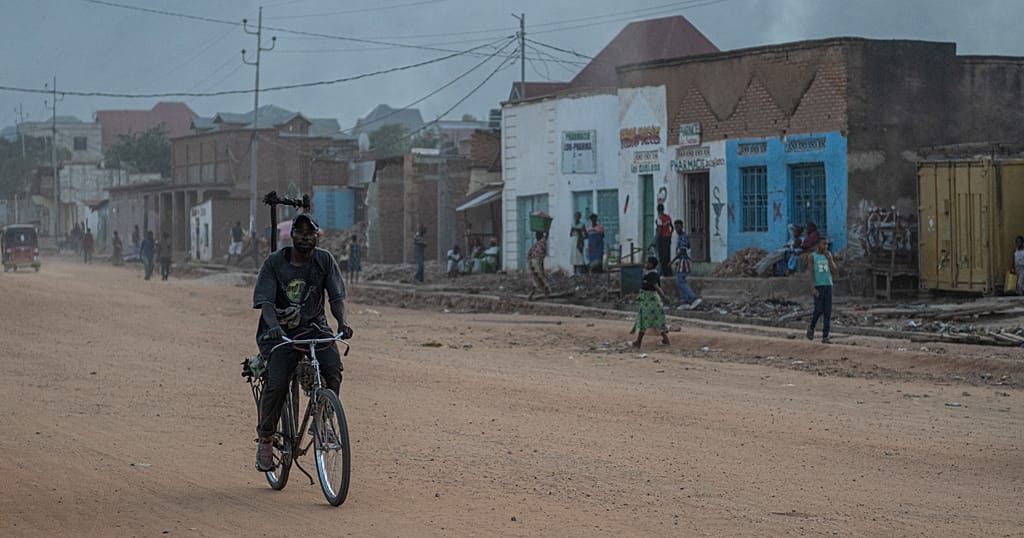
![Nigeria take bronze as Morocco and Senegal set up AFCON final [Football Now] Nigeria take bronze as Morocco and Senegal set up AFCON final [Football Now]](https://images.euronews.com/articles/stories/09/61/68/11/1024x538_cmsv2_d35952d7-6a8d-5f9d-ba59-8368a91f368f-9616811.jpg)
